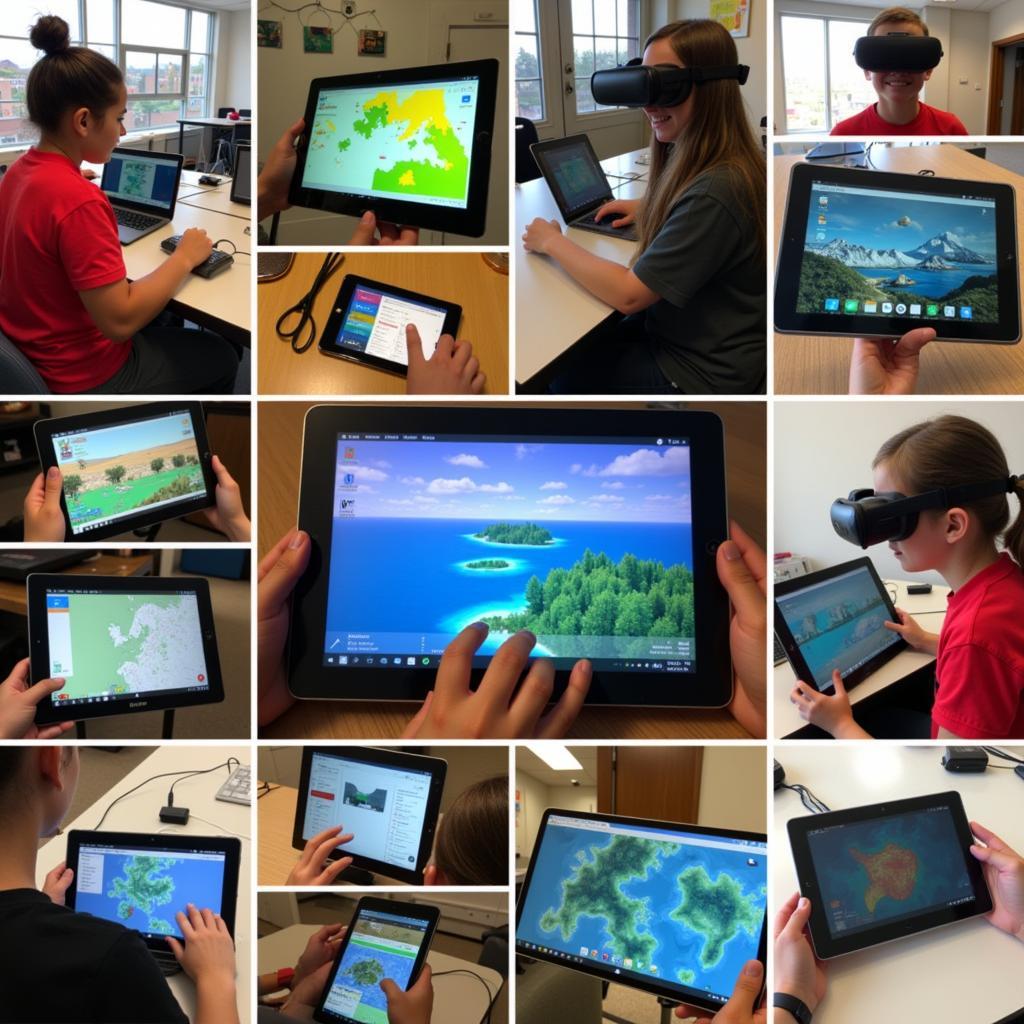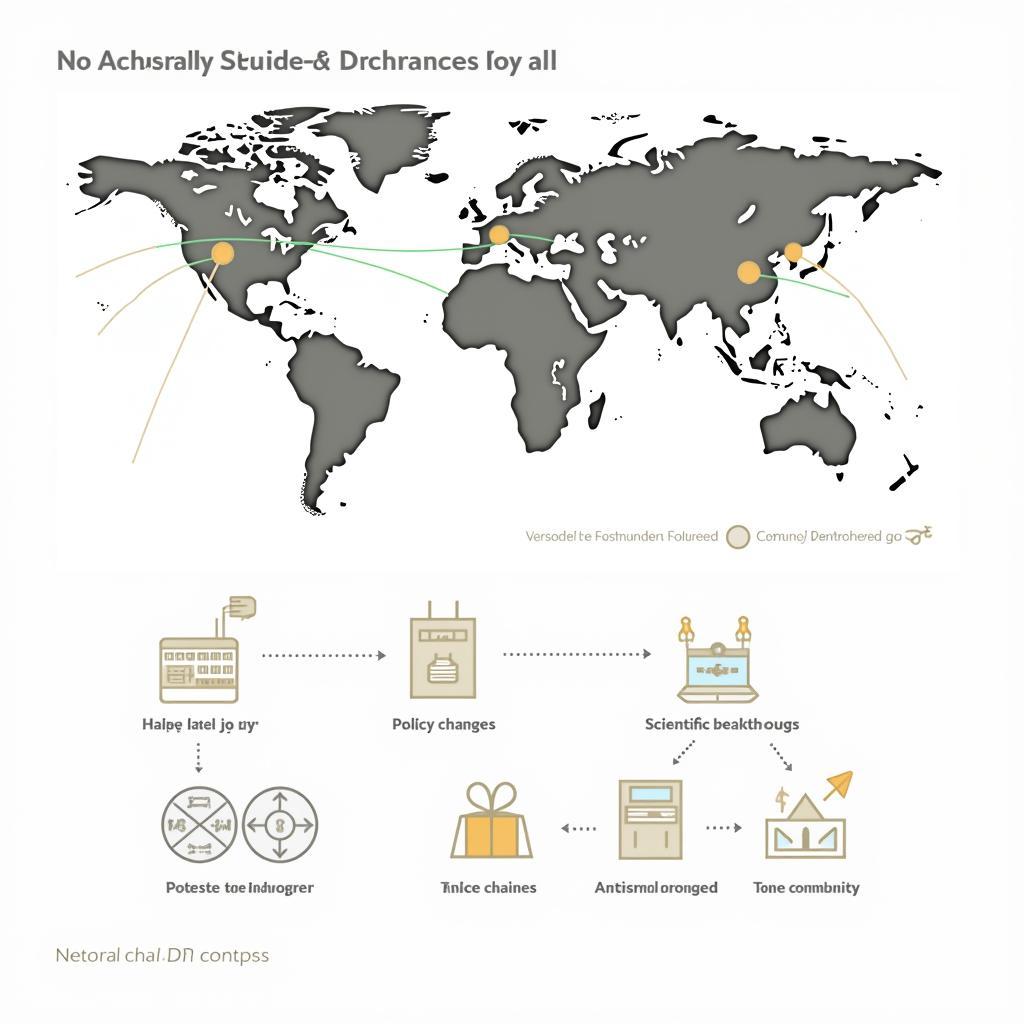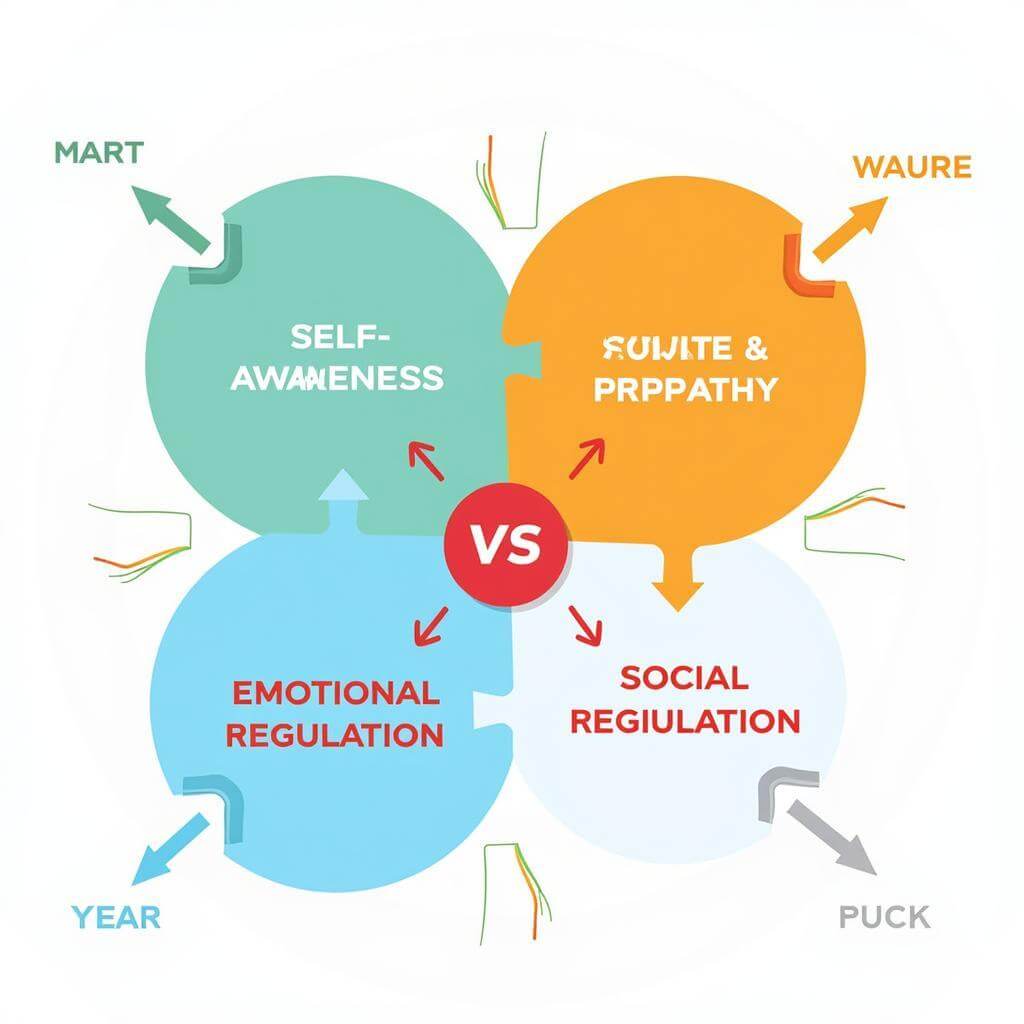The IELTS Reading test often features topics related to current global issues, including sustainability and online initiatives. The role of student-led initiatives in promoting cultural events has become increasingly important in recent years. Today, we’ll explore a sample IELTS Reading test focused on student-led sustainability initiatives online, providing you with valuable practice and insights.
Nội dung bài viết
- IELTS Reading Practice Test
- Passage 1 – Easy Text
- The Rise of Digital Eco-Warriors
- Questions 1-5
- Questions 6-10
- Passage 2 – Medium Text
- Harnessing Technology for Global Environmental Change
- Questions 11-15
- Questions 16-20
- Passage 3 – Hard Text
- The Paradigm Shift: Student-Led Online Sustainability Initiatives and Their Impact on Global Environmental Governance
- Questions 21-26
- Questions 27-33
- Questions 34-40
- Answer Key
- Passage 1
- Passage 2
- Passage 3
IELTS Reading Practice Test
Passage 1 – Easy Text
The Rise of Digital Eco-Warriors
In recent years, the proliferation of digital platforms has given rise to a new breed of environmental activists: student-led online sustainability initiatives. These digital eco-warriors are leveraging the power of social media and online communities to drive positive change and promote sustainable practices on a global scale.
One such initiative is the “Green Campus Network,” spearheaded by university students across five continents. This online platform enables students to share best practices, collaborate on projects, and track their institutions’ progress towards sustainability goals. The network has successfully implemented various projects, from campus-wide recycling programs to energy-efficient lighting installations.
Another notable example is the “Sustainable Futures Online Forum,” which brings together students from diverse backgrounds to discuss and develop solutions for pressing environmental issues. This virtual think tank has generated innovative ideas, such as a smartphone app that helps users reduce their carbon footprint through daily challenges and personalized recommendations.
These student-led online initiatives are not only raising awareness but also fostering tangible action. For instance, the “Global Youth Climate Pact” campaign, organized entirely through social media, mobilized over 100,000 students worldwide to participate in local climate action projects. This demonstratedv the potential of online platforms to unite young people across geographical boundaries in pursuit of a common goal.
 Student-led sustainability initiatives online
Student-led sustainability initiatives online
Questions 1-5
Do the following statements agree with the information given in the reading passage?
Write:
TRUE if the statement agrees with the information
FALSE if the statement contradicts the information
NOT GIVEN if there is no information on this
- Student-led online sustainability initiatives are a recent phenomenon.
- The Green Campus Network operates in all seven continents.
- The Sustainable Futures Online Forum only includes students from environmental science backgrounds.
- The Global Youth Climate Pact campaign was organized solely through social media.
- All student-led online initiatives focus exclusively on raising awareness.
Questions 6-10
Complete the sentences below using NO MORE THAN TWO WORDS from the passage for each answer.
- Digital platforms have given rise to a new type of environmental activist called __ __.
- The Green Campus Network allows students to share __ __ about sustainability.
- The Sustainable Futures Online Forum is described as a virtual __ __.
- The Global Youth Climate Pact campaign demonstrated the potential of online platforms to __ young people across geographical boundaries.
- Student-led online initiatives are not only raising awareness but also fostering __ __.
Passage 2 – Medium Text
Harnessing Technology for Global Environmental Change
The exponential growth of digital technologies has revolutionized the way young people engage with global issues, particularly in the realm of environmental sustainability. Student-led online initiatives have emerged as powerful catalysts for change, leveraging the internet’s vast reach and collaborative potential to address pressing ecological challenges.
One of the most innovative approaches in this domain is the development of crowd-sourced environmental monitoring platforms. These digital tools enable students and citizen scientists worldwide to contribute real-time data on local environmental conditions, creating a comprehensive global database. For instance, the “EcoWatch” app, developed by a team of graduate students, allows users to report pollution incidents, track wildlife movements, and monitor air quality. This crowdsourced information is then aggregated and analyzed to identify trends and hotspots, providing valuable insights for policymakers and researchers.
Another significant trend is the use of gamification in promoting sustainable behaviors. The “Green Challenge” platform, conceptualized by undergraduate students, turns eco-friendly actions into a competitive, reward-based system. Participants earn points for actions such as using public transport, reducing energy consumption, or participating in community clean-up events. This gamified approach has proven particularly effective in engaging younger demographics, with over 500,000 users across 50 countries actively participating in daily sustainability challenges.
How global challenges are addressed through student projects often involves innovative use of technology. For example, virtual reality (VR) is being harnessed to create immersive educational experiences about environmental issues. The “Climate Future” project, spearheaded by a consortium of student programmers and environmental scientists, offers VR simulations that allow users to visualize the long-term impacts of climate change on various ecosystems. This visceral experience has been shown to significantly increase understanding and motivate action among participants.
Social media platforms have also been instrumental in amplifying student-led sustainability initiatives. The “Global Green Voice” campaign, orchestrated entirely through Twitter and Instagram, succeeded in mobilizing millions of young people for a worldwide climate strike. This demonstration of digital activism’s power has prompted traditional environmental organizations to increasingly collaborate with student groups, recognizing their ability to rapidly disseminate information and galvanize support.
However, these online initiatives are not without challenges. The digital divide remains a significant barrier, potentially excluding students in less developed regions from participating fully in these global movements. Additionally, the proliferation of online information can sometimes lead to misinformation or oversimplification of complex environmental issues.
Despite these challenges, the impact of student-led online sustainability initiatives is undeniable. By harnessing the power of digital technologies, young people are creating innovative solutions, fostering global collaboration, and driving meaningful change in the fight against climate change and environmental degradation.
 Digital technology for environmental sustainability
Digital technology for environmental sustainability
Questions 11-15
Choose the correct letter, A, B, C, or D.
-
According to the passage, student-led online initiatives are:
A) Limited in their reach
B) Powerful catalysts for change
C) Primarily focused on local issues
D) Ineffective in addressing ecological challenges -
The “EcoWatch” app is an example of:
A) A social media platform
B) A virtual reality simulation
C) A crowdsourced environmental monitoring tool
D) A gamified sustainability challenge -
The “Green Challenge” platform:
A) Is only available in 50 countries
B) Uses competition and rewards to promote sustainable behaviors
C) Focuses exclusively on energy consumption
D) Has been unsuccessful in engaging younger demographics -
The “Climate Future” project:
A) Uses virtual reality to simulate climate change impacts
B) Is a social media campaign
C) Focuses on short-term environmental issues
D) Has been shown to decrease understanding of climate change -
According to the passage, one challenge faced by online sustainability initiatives is:
A) Lack of interest from students
B) Overcomplication of environmental issues
C) The digital divide
D) Excessive support from traditional organizations
Questions 16-20
Complete the summary below using words from the box.
| gamification | crowdsourced | digital | virtual reality | social media |
| misinformation | oversimplification | innovative | collaborative | global |
Student-led online sustainability initiatives are using (16) __ approaches to address environmental issues. These include (17) __ monitoring platforms, (18) __ of sustainable behaviors, and (19) __ simulations. (20) __ platforms have been crucial in amplifying these initiatives and mobilizing young people globally.
Passage 3 – Hard Text
The Paradigm Shift: Student-Led Online Sustainability Initiatives and Their Impact on Global Environmental Governance
The advent of the digital age has ushered in a new era of environmental activism, characterized by student-led online sustainability initiatives that are reshaping the landscape of global environmental governance. These initiatives, leveraging the power of digital technologies and social networks, are challenging traditional hierarchies and democratizing the process of addressing global ecological challenges.
One of the most salient features of these online initiatives is their ability to transcend geographical and institutional boundaries. The “Global Sustainability Network” (GSN), a student-initiated online platform, exemplifies this trend. GSN connects students from over 1,000 universities across 120 countries, facilitating real-time collaboration on sustainability projects. This unprecedented level of global cooperation has led to the development of innovative solutions, such as a blockchain-based system for tracking and verifying carbon offsets, which has been adopted by several multinational corporations.
The disruptive potential of these initiatives is particularly evident in their impact on environmental policy-making processes. Traditionally, environmental policies were primarily shaped by governments and large NGOs. However, student-led online movements are increasingly influencing these processes through digital advocacy and crowdsourced policy proposals. For instance, the “Youth Climate Policy Forum,” an online think tank comprising students from diverse academic backgrounds, has successfully lobbied for the inclusion of youth representatives in national delegations to UN climate conferences.
Moreover, these initiatives are catalyzing a shift towards more participatory forms of environmental governance. The “EcoVote” platform, developed by a consortium of computer science and environmental policy students, allows users to engage in simulated environmental decision-making processes. This gamified approach not only educates participants about the complexities of environmental policy-making but also generates valuable data on public preferences, which is being used by researchers and policymakers to inform real-world decisions.
The proliferation of student-led online sustainability initiatives has also led to the emergence of new modes of knowledge production and dissemination. The “Open Sustainability Science” (OSS) project, spearheaded by graduate students, is pioneering an open-source approach to environmental research. By making data, methodologies, and findings freely accessible online, OSS is accelerating the pace of scientific discovery and fostering greater transparency in environmental science.
However, the rise of these digital initiatives is not without challenges. The digital divide remains a significant barrier, potentially exacerbating existing inequalities in environmental advocacy and decision-making. Additionally, the decentralized nature of these online movements can sometimes lead to a lack of coherence in messaging and strategy, potentially diluting their impact.
Furthermore, the reliance on digital platforms raises concerns about data privacy and security. The vast amounts of environmental data collected through these initiatives could be vulnerable to exploitation or misuse if not properly safeguarded. This has led to calls for the development of robust ethical frameworks and data governance mechanisms specifically tailored to student-led online sustainability initiatives.
Despite these challenges, the transformative potential of student-led online sustainability initiatives is undeniable. By harnessing the power of digital technologies and networks, these movements are not only raising awareness and driving action on environmental issues but also fundamentally altering the dynamics of global environmental governance. As these initiatives continue to evolve and mature, they are likely to play an increasingly central role in shaping the future of our planet’s ecological systems and our collective response to environmental challenges.
 Impact of student-led online sustainability initiatives
Impact of student-led online sustainability initiatives
Questions 21-26
Complete the sentences below.
Choose NO MORE THAN TWO WORDS from the passage for each answer.
- Student-led online sustainability initiatives are __ the process of addressing global ecological challenges.
- The Global Sustainability Network facilitates __ __ on sustainability projects across different countries.
- Student-led online movements are influencing environmental policy-making processes through digital advocacy and __ __ proposals.
- The EcoVote platform uses a __ approach to educate participants about environmental policy-making.
- The Open Sustainability Science project is promoting an __ approach to environmental research.
- The __ nature of online movements can sometimes lead to a lack of coherence in messaging and strategy.
Questions 27-33
Do the following statements agree with the claims of the writer in the reading passage?
Write:
YES if the statement agrees with the claims of the writer
NO if the statement contradicts the claims of the writer
NOT GIVEN if it is impossible to say what the writer thinks about this
- Student-led online sustainability initiatives are completely replacing traditional forms of environmental activism.
- The Global Sustainability Network has led to the development of a blockchain-based system for carbon offset tracking.
- The Youth Climate Policy Forum has been unsuccessful in its lobbying efforts.
- The EcoVote platform generates data that is being used by researchers and policymakers.
- The Open Sustainability Science project is slowing down the pace of scientific discovery in environmental science.
- The digital divide is no longer a significant barrier to participation in online sustainability initiatives.
- There are concerns about the potential misuse of environmental data collected through these online initiatives.
Questions 34-40
Complete the summary below.
Choose NO MORE THAN TWO WORDS from the passage for each answer.
Student-led online sustainability initiatives are transforming global environmental governance by leveraging (34) __ and social networks. These initiatives can (35) __ geographical and institutional boundaries, leading to unprecedented global cooperation. They are influencing environmental policy-making through (36) __ and crowdsourced proposals, and promoting more (37) __ forms of environmental governance.
The Open Sustainability Science project is pioneering an (38) __ approach to environmental research, which is accelerating scientific discovery. However, these initiatives face challenges such as the (39) __, potential lack of coherence, and concerns about (40) __ and security of environmental data.
Answer Key
Passage 1
- TRUE
- FALSE
- NOT GIVEN
- TRUE
- FALSE
- digital eco-warriors
- best practices
- think tank
- unite
- tangible action
Passage 2
- B
- C
- B
- A
- C
- innovative
- crowdsourced
- gamification
- virtual reality
- social media
Passage 3
- democratizing
- real-time collaboration
- crowdsourced policy
- gamified
- open-source
- decentralized
- NOT GIVEN
- YES
- NO
- YES
- NO
- NO
- YES
- digital technologies
- transcend
- digital advocacy
- participatory
- open-source
- digital divide
- data privacy
This comprehensive IELTS Reading practice test covers various aspects of student-led sustainability initiatives online, providing valuable preparation for the actual exam. Remember to practice time management and develop strategies for different question types to improve your performance.


